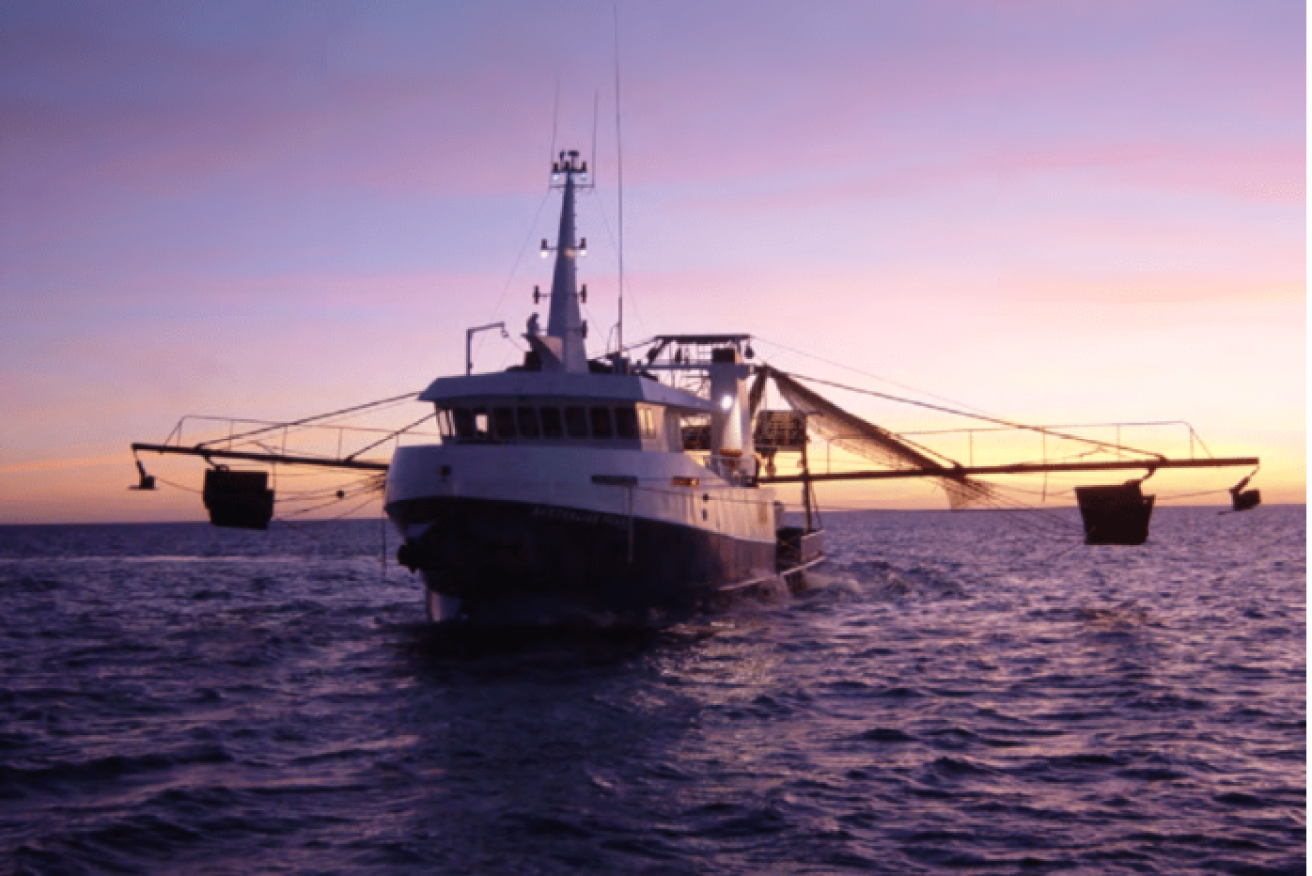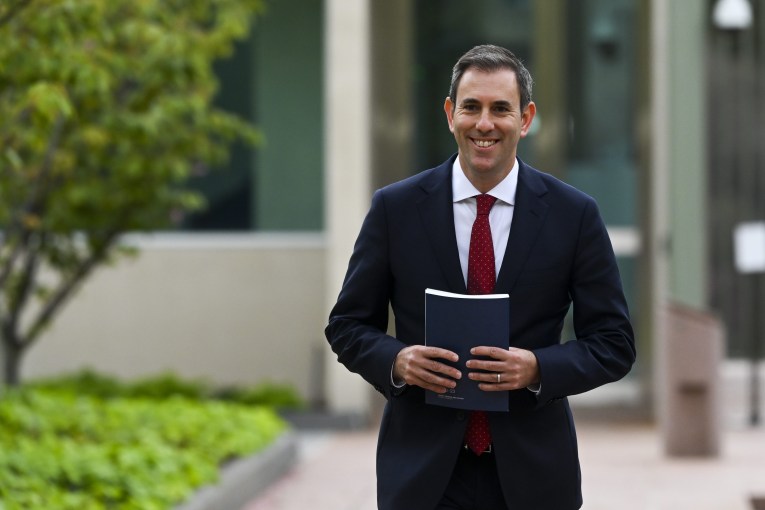Shut the gate: Biosecurity so lax even government admits to massive failures
A damning audit of biosecurity controls has found gaping holes in Federal Government defences, as the seafood industry warns another crisis would destroy Australia’s reputation.

A government report has identified massive problems with the nation's biosecurity systems (File image).
The Australian National Audit Office report, tabled in Federal Parliament, has labelled the government’s biosecurity compliance activities as “largely inappropriate”.
“In the absence of frameworks, plans or targets to determine the desired outcomes of its regulation, the department is unable to demonstrate that its response to non-compliance is effective at managing biosecurity risks,” the audit states.
“Departmental estimates indicate that some detection activities may have become more effectively targeted, but that undetected non-compliance is increasing.”
The audit – which comes after a series of reviews into other failures, including white spot virus in prawns – has recommended the Department of Agriculture, Water and the Environment implement sweeping reforms by July next year.
In a letter to the ANAO, department secretary Andrew Metcalfe has acknowledged the findings. He has established a Biosecurity Strategy and Reform Division to implement the recommendations – but, at the same time, asked for another year to assign resources according to biosecurity risk, and ensure available regulatory tools are used appropriately.
It comes as a parliamentary committee examining ways to boost Australia’s aquaculture industry hears evidence of the impact of biosecurity failures.
The Australian Barramundi Farmers Association told the committee its members were “highly nervous that current import controls will fail to protect the industry, and wild barramundi stocks”.
Seafood Industry Australia raised similar concerns, more broadly, including that product substitution continued to be used to avoid biosecurity controls.
“For the aquaculture industry to reach its full growth potential, it is essential that optimal health of farmed stock is maintained, and significant disease impacts are minimised,” the SIA argued.
“The competitive advantage of being free from many important diseases also must not be jeopardised.”









